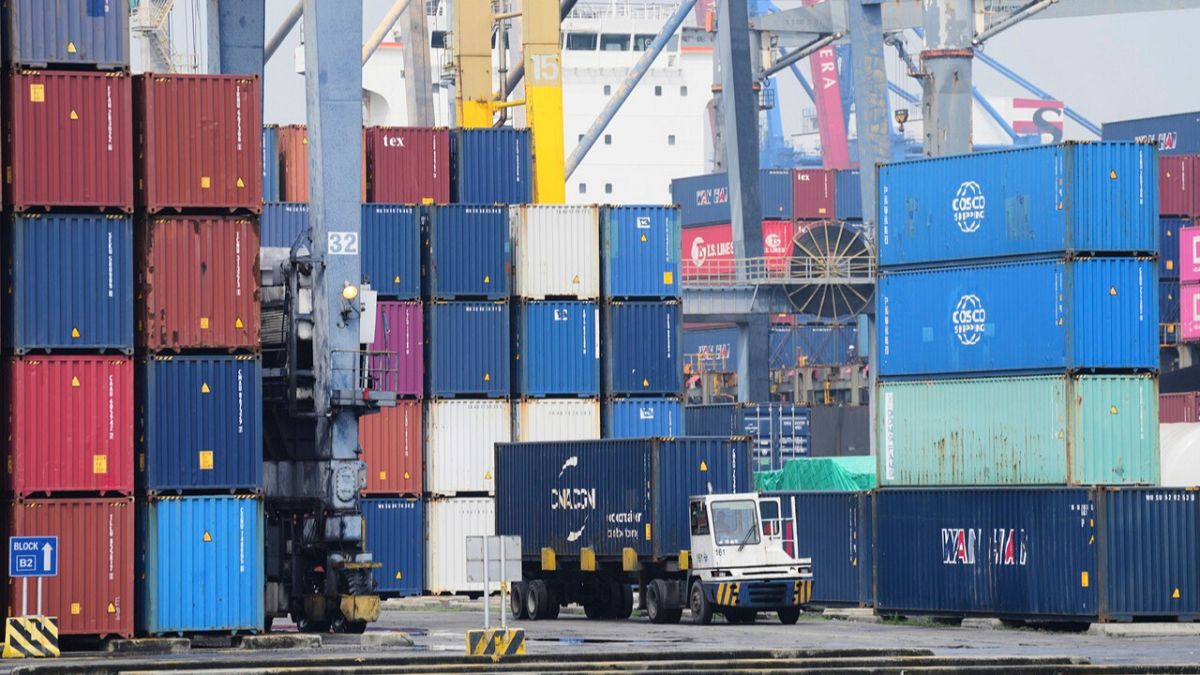

In a world that often finds itself at the crossroads of diplomacy and tension, recent developments across the globe highlight the intricate tapestry of international relations. As global leaders navigate complex political landscapes, the underlying tone is one of cautious optimism, where dialogue and disarmament emerge as pivotal themes.
In an effort to foster diplomatic solutions, leaders from the European Union and Mexico have voiced their concerns over recent trade tariffs imposed by the United States. Under President Donald Trump’s administration, a 30% tariff on certain imports has sparked disappointment among these nations. Despite the initial backlash, there remains a commitment to negotiating a mutually beneficial solution. This stance emphasizes a shared belief in unity and collaboration, reflecting a desire to strengthen international partnerships through dialogue.
Turning to the Middle East, the narrative of peace and reconciliation is making significant strides. A new chapter in Turkey’s history is unfolding as the Kurdistan Workers’ Party (PKK) begins to disarm. This symbolic gesture is a testament to the peace process, signaling an end to a long-standing conflict that has shaped the region’s socio-political fabric. Turkey’s President Recep Tayyip Erdogan hailed this disarmament as a pivotal moment, underscoring the hope that such actions bring forth a future of stability and harmony.
Meanwhile, the complexities of Libya’s political landscape present challenges and opportunities for the European Union. While Brussels officially collaborates with the government of national unity based in Tripoli, dialogues also extend to General Khalifa Haftar, who exerts control over Libya’s eastern territories. The dynamics of these interactions highlight the European Union’s careful navigation of alliances and its commitment to find pathways to a peaceful resolution.
In the backdrop of these diplomatic endeavors, the Middle East remains a focal point of global attention. Tensions persist as Iran expresses a willingness to resume nuclear talks, contingent upon assurances from the United States to refrain from further attacks. The recent incidents underscore the delicate balance required in diplomatic negotiations, where trust and mutual respect form the bedrock of any sustainable agreement.
Amidst these geopolitical currents, the human cost of conflict is poignantly evident in Gaza. Recent airstrikes have led to the tragic loss of life, affecting both the young and the innocent. The incident underscores the urgent need for peaceful resolutions that prioritize human welfare and dignity. As families mourn and communities rally for justice, the global call for peace resonates with even greater urgency.
In a heartfelt lament, the West Bank witnessed the funerals of Sayfollah “Saif” Musallet and Razek Hussein al-Shalabi, victims of a clash that highlighted the ongoing Israeli-Palestinian tensions. Their stories serve as a poignant reminder of the personal narratives entwined within broader geopolitical conflicts. As families seek accountability and justice, the international community is reminded of the vital role of empathy and understanding in resolving such deep-rooted issues.
These global narratives of unity, disarmament, and reconciliation paint a picture of a world in transition. As nations engage in dialogue and strive for peace, the journey is fraught with challenges but guided by a vision of a more harmonious future. The path to peace may be long, but every step taken in the spirit of collaboration and understanding brings the dream closer to reality.
Source: {link}
